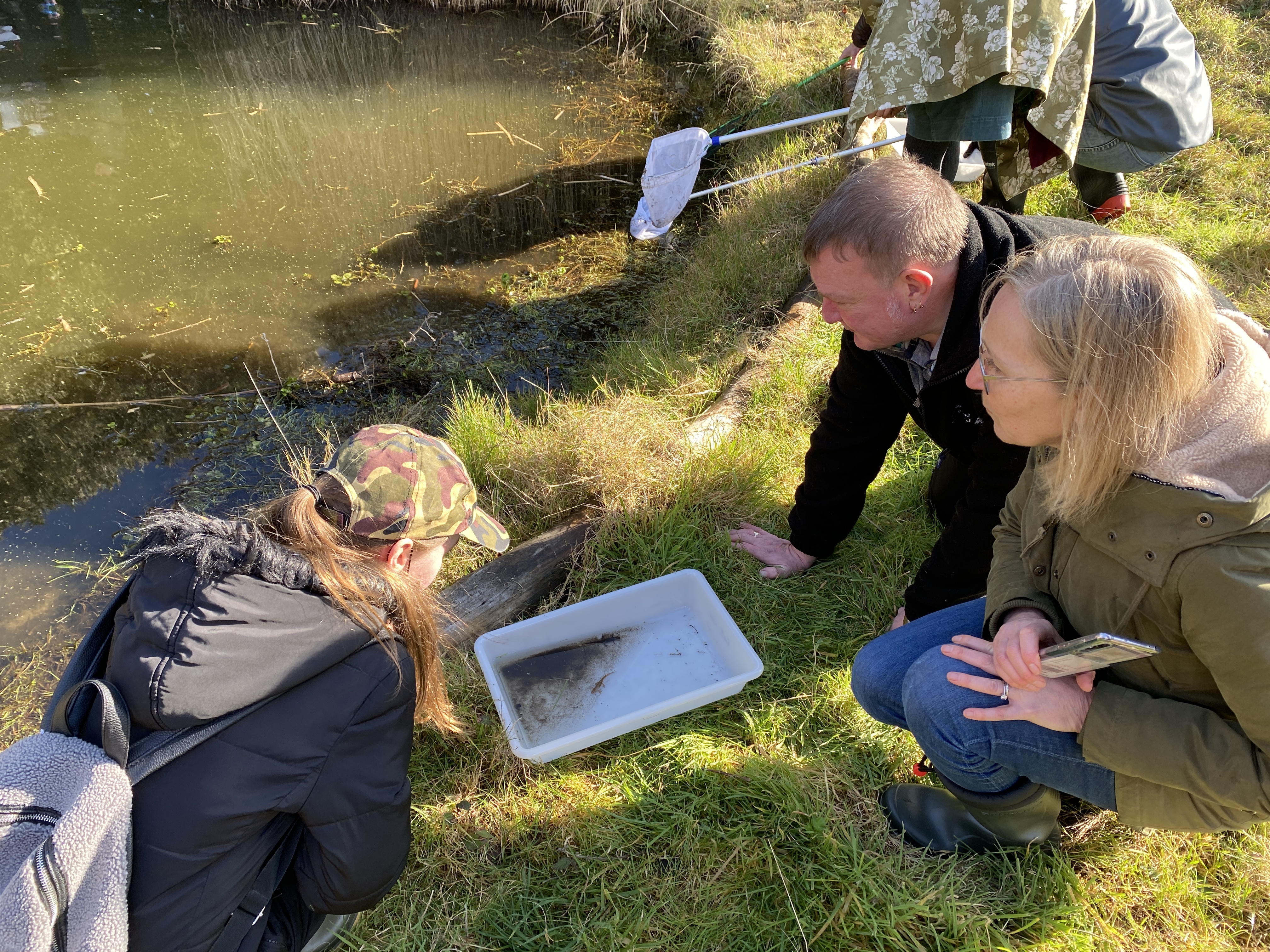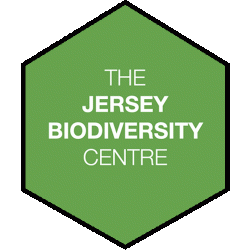Pondwatch JE
Get involved, help gather sightings of Jersey’s pond life and become a trained Wild Volunteer to help us assess and conserve their habitat
What is Pondwatch JE?
Pondwatch JE is a project that aims to gather sightings of Jersey’s pond life to help assess their conservation status, distribution and habitat requirements.
How can you help?
There are opportunities for everyone to get involved. Depending on your interest, available time and experience you can currently get involved in two ways.
Level 1
Spend 30 minutes looking for wildlife in ponds and send us your results here. No experience or training is required but you may wish to attend the annual training event (details below) to find out more about the survey and the incredible diversity of wildlife that ponds support.
Level 2
Carry out 5 surveys, each taking 30‒60 minutes. You will search for amphibians and other pond life at a pond using three methods; visual searches, netting and night time torch surveys. You do not need experience but you will need to attend a training event.
Casual Recording
In addition to the above surveys you can also record sightings of pond wildlife using the add a casual record form.
Training
An in-person training event is held each year at the start of the survey season.
The 2024 training event will take place on Saturday 17th February 2024.
What if I don't have a pond of my own?
Please contact wildaboutjersey@gov.je to be allocated a pond.
Resources
Here you will find: survey forms, survey guides, ID guides, species fact sheets, health and safety information and more:
Jersey Amphibian and Reptile Group (JARG) website.
Jersey’s Amphibians
Western Toad Bufo spinosus
Known locally as the crapaud, this amphibian can be found throughout the island and breeds in both semi-natural water bodies and garden ponds. Rather than the spawn clumps laid by frogs, they lay strings of spawn.
Agile Frog Rana dalmatina
Jersey’s rarest amphibian, occurring in only a few ponds in the southwest of the island after almost going extinct in the 1980’s. A long-term conservation project is helping to safeguard this species in Jersey.
Palmate Newt Lissotriton helveticus
Jersey’s only native newt species. It is found in garden ponds and other water bodies, but is under-recorded. Its eggs are harder to spot than those of frogs and toads, as they lay them singly folded in the leaves of pond plants.
PondWatchJE Partners: Government of Jersey, Jersey Biodiversity Centre, Jersey Amphibian and Reptile Group (JARG), Amphibian and Reptile Conservation (ARC).
Pondwatch JE is the successor to both the National Amphibian and Reptile Recording Scheme (NARRS) which ran in Jersey from 2007 to 2018 and Toadwatch which ran from 2005 to 2018. During this time volunteers provided a great deal of information which has been used to inform the design of Pondwatch as well as influence efforts to protect the species. 2024 is Pondwatch’s 6th Anniversary.


